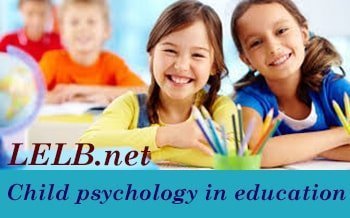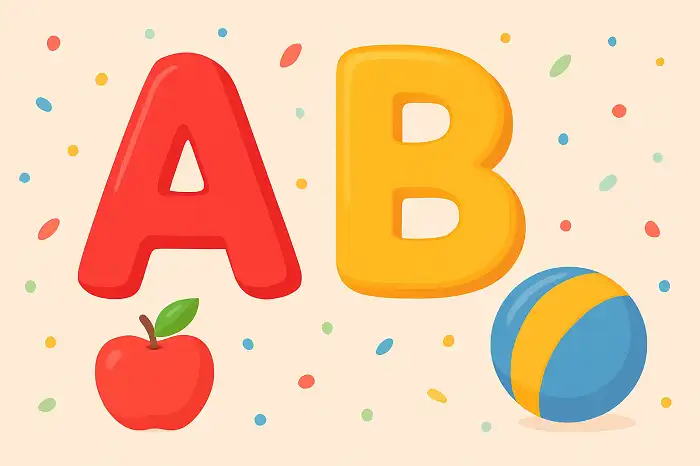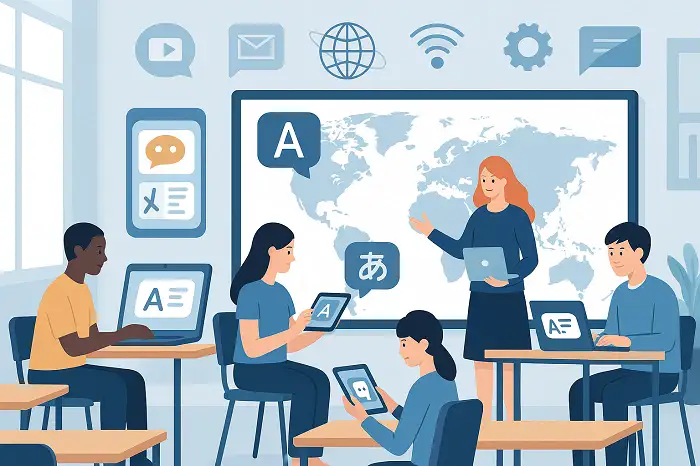Child psychology in education Child psychology in education The most common thing among children is "being a child". Each child has his or her personality. The tutor must recognize the personality of each of them and treat them by their personality. The art of good tutors is communicating well with children and establishing mutual respect. If children love their tutor, they will be present in class without fear and respect. So, they will enjoy learning with the inner desire for it. Attention to children's abilities The child cannot spend hours working and thinking. At the right time, the child should ...
Home » Reading Practice in English » Child psychology in education and attention to children’s abilities

Child psychology in education and attention to children’s abilities
Updated: by Dr. Mohammad Hossein Hariri Asl
Time to Read: 4 minutes | 274 Views | No Comments on Child psychology in education and attention to children’s abilities
Share This Post
About the Author
Dr. Mohammad Hossein Hariri Asl is an English and Persian instructor, educator, researcher, inventor, published author, blogger, SEO expert, website developer, entrepreneur, and the creator of LELB Society. He's got a PhD in TEFL (Teaching English as a Foreign Language).
Number of Posts: 4242


